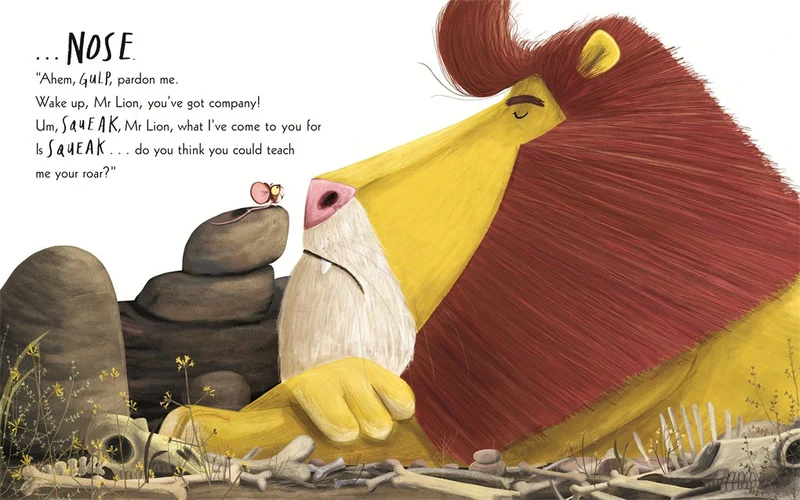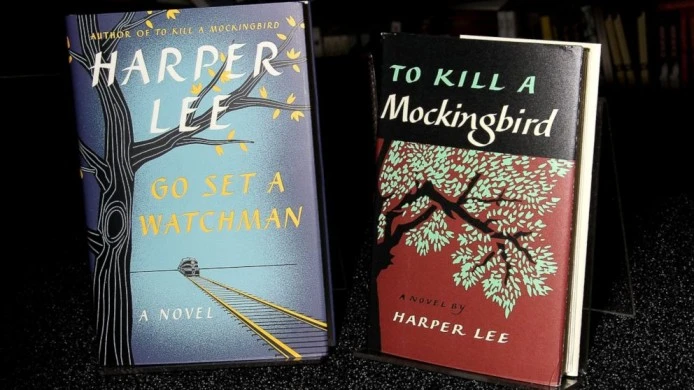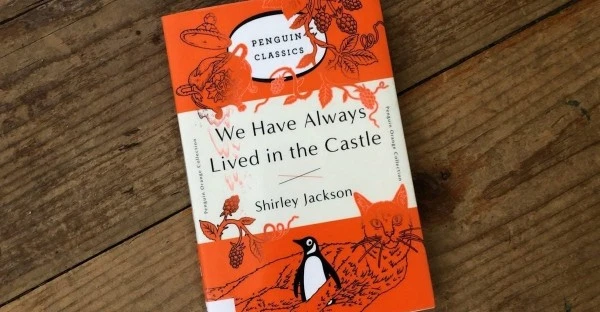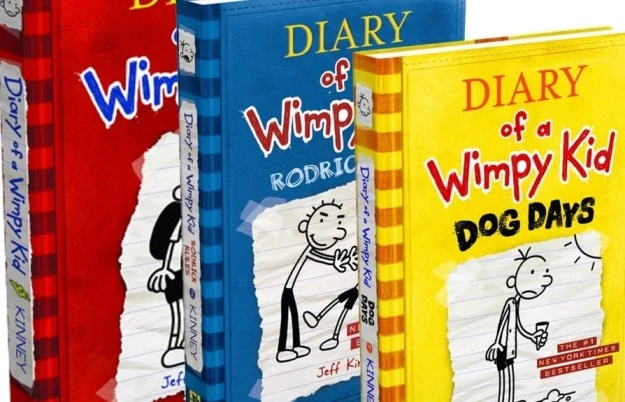Is There Cosmic Meaning in Lifes Randomness?

MY METEORITE
Or, Without the Random There Can Be No New Thing
By Harry Dodge
The concept of empathy as an engine for generating solidarity can seem lackluster. As an ideal, empathy requires us to flatten and overlook difference in order to forge bonds, and these days we have to ask ourselves: What kind of love is it that depends on an absence of difference?
In his new memoir, “My Meteorite,” the multidisciplinary artist Harry Dodge, who came to many readers’ attention as the partner with whom Maggie Nelson built a life in “The Argonauts,” insists that more complex kinds of love are possible. “I try not to allocate care, my sympathies, via a logics of sameness,” he writes in a sort of mission statement. “I wonder if a shift toward the word sympathy (from empathy) would generate a foregrounding of the idea of difference as we figure out how to keep growing practices of love?”
Dodge, who began his art career in San Francisco in the early 1990s, operates on the axiom that “Love is a verb, not something you point at; it’s something you do.” “My Meteorite” gives that notion formal expression. Loosely organized around three narrative strands — the discovery of his birth mother in 2003, the death of his adoptive father in 2017 and his purchase of a meteorite on the internet — the book finds Dodge traversing his life with the aid of a plethora of artistic, pop culture and literary allusions, imagining what it looks like to create “solidarity in diversity,” as he puts it. What would become possible if we thought about love as something whose reach extends to entities that are not like us — perhaps not even human? Dodge’s is a world where a man might have sex with the tailpipe of his car, where the libidinal dimension of an attraction to objects might yield a new understanding of what, exactly, it means to love.
The book unfolds in vignettes organized according not to chronology but to the recondite rhymes, repetitions and echoes that Dodge observes winding through his life. “My Meteorite” bounces with disconcerting lightness from his father’s death to a fateful childhood encounter with a mysterious art object to a climactic 2016 visit to the Museum of Contemporary Art in Los Angeles, all the while quoting sources ranging from “Blade Runner 2049” to the French theorist Gilles Deleuze. We see Dodge on hikes with his son, Lenny, meeting with strangers for public sex in his youth and holding forth with fellow artists, all of it chronologically scrambled and refracted through his motormouth prose to demonstrate the uselessness of linear narrative for describing a life.
That scrambling also shows us how inadequate it is to call a life one’s own. Dodge connects minute details of his experience to a cosmic pattern of which he is merely a small part. When he meets his birth mother at the age of 37, for instance, he learns that they share an obsession with Theodore Sturgeon’s gross-out sci-fi novel “The Dreaming Jewels.” Does this mean they’re both outsiders in need of an “elsewhere”? That they developed this shared passion independent of each other but connected, despite their distance? Perhaps.
Dodge intimates that through such coincidences we can spy the divine. Though he is certain that “collisions explain everything,” he also pines for “pattern, which I understand to be evidentiary of cosmological purposiveness (meaning itself).” The thing is, for Dodge both are true: The world unfolds in a random manner, and this randomness is laden with meaning. Without “something to bounce off of, we never take shape,” Dodge writes, gambling that by drawing our attention to the ways chance encounters make us who we are, he might help us understand that “we are porous and we are dependent” — hopelessly entangled with one another. The job is to recognize that dependence and forge bonds out of it.
It’s a shame that the book’s arc doesn’t reflect more of the randomness Dodge reveres. He fits every facet of his life into a larger pattern, each incident becoming an occasion for thinking about interconnectedness. “My Meteorite” sometimes seems like a catalog of coincidences, none of which are too minor to merit rumination. One evening Dodge and Nelson, on opposite sides of the country, both use the word “voluble” in writing for the first time, and the moment takes on the charge of revelation. In passages like this, “My Meteorite” smothers with overinterpretation the epiphanic randomness that it means to instantiate.




